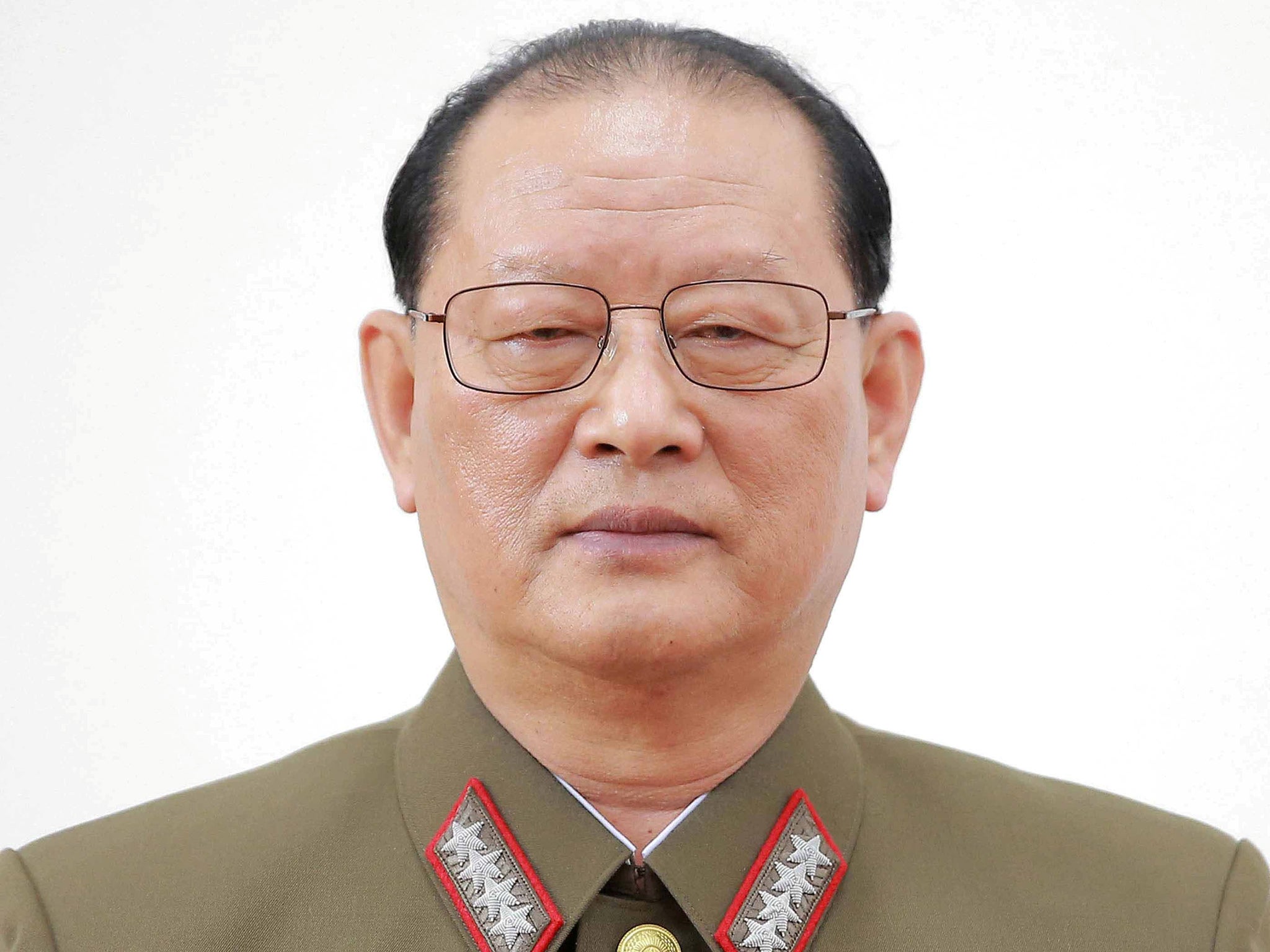North Korea sacking minister of state security Kim Won Hong marks ‘crack in the elite’, says key defector
Head of feared 'bowibu' Kim Won Hong removed from office in mid-January after facing corruption charges, a decision said to indicate new instability in authoritarian regime

North Korea has dismissed its minister of state security, a key aide to the reclusive state's young leader, Kim Jong-un, South Korea has said, in what a high-profile defector said would be another sign of a “crack in the elite” in Pyongyang if true.
Kim Won Hong was removed from office as head of the feared “bowibu”, or Stasi-like secret police, in mid-January apparently on charges of corruption, abuse of power and human rights abuses, Jeong Joon-hee, South Korea's Unification Ministry spokesman, said, confirming media reports.
Kim Jong-un became leader in 2011 after the death of his father, Kim Jong-il, and his consolidation of power has included purges and executions of top officials, South Korean officials have said.
Last year, North Korea's vice premier for education was executed for not keeping his posture upright at a public event, South Korea said.
Thae Yong Ho, North Korea's former deputy ambassador to London who has defected to the South, told Reuters he was not surprised at the news.
“I cannot confirm if the reports are true or not, but this kind of power struggle is quite normal in North Korean history. Kim Jong-il and Kim Jong-un's style of control is always one of collective surveillance that checks the power of each organisation.
”Kim Jong Un has killed too many high officials and there are a lot of complaints and dissent amongst the high elite because of it. If the demotion of Kim Won Hong is really true, then that's another sign of a crack in the North Korean elite group.“
It is difficult to independently verify news about top officials in the North, which has angered the West with a series of missile and nuclear weapons tests in defiance of UN resolutions and sanctions. Some previous reports of executions and purges have proved inaccurate.
Unification Ministry spokesman Jeong did not say how the South knew of Kim Won Hong's ouster. But he said there could have been further dismissals in the North where the powerful Organisation and Guidance Department was investigating the ministry of state security.
”There is always a possibility that purges continue as part of constantly strengthening power,“ he said at a regular briefing.
North Korea rarely announces purges or executions, although state media confirmed the 2012 execution of Kim's uncle, Jang Song Thaek, widely considered the country's second most powerful leader, for factionalism and crimes damaging to the economy.
A former defence minister, Hyun Yong Chol, is also believed to have been executed in 2015 for treason, according to the South's spy agency.
It said he was killed with an anti-aircraft gun.
Impoverished North Korea and the rich, democratic South are technically still at war because their 1950-53 conflict ended in a truce, not a peace treaty. The North regularly threatens to destroy the South and its main ally, the United States.
Reuters
Join our commenting forum
Join thought-provoking conversations, follow other Independent readers and see their replies
Comments
Bookmark popover
Removed from bookmarks